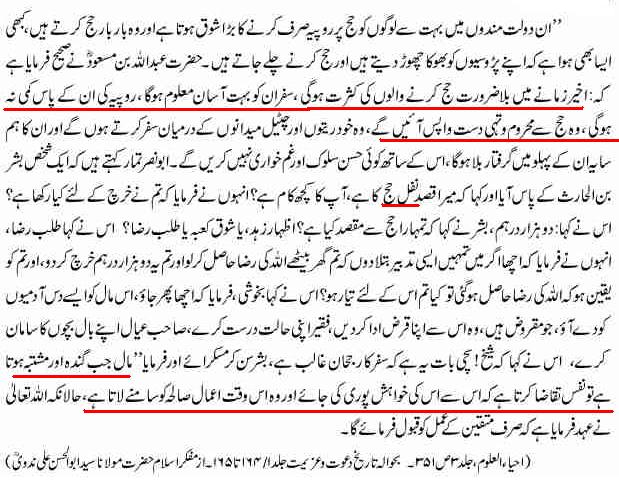The Cycle of concentration:
Phase 1: Blood Rush Alert
Phase 2: Find and Execute
Phase 3: Disengagement
8 Things Everybody Ought to Know About Concentrating
1. You can’t start concentrating until you’ve stopped getting distracted
2. Just do one important thing per day
3. Chunk into three’s
4. Questions that kill procrastination
Question one: Does this really need to be done?
Question two: Can I delegate this?
5. Be Smart With Your Time
A Sage is one that doesn’t involve themselves in dopamine-driven activities; instead, he or she is very selective about what they do. They have a habit of asking themselves questions that most people are too busy to ask. They pre-occupy themselves with the unspoken, yet meaningful assumptions that others fail to address. Sages ask questions about the meaning behind any activity that they embark on. They view turning down work as a logical decision, not an emotional one.
6. Mind Maps
Whenever you’re feeling overwhelmed, it’s critical to allow the mind to disentangle itself by mapping out your thoughts on paper.
There’re two types of maps:
(i) Problem-Solution Map
Top half of the page, write the problem. Bottom half, the solution.
(ii) Fear Map
On paper, map out the following formula “if x, then y.” Where “x” is the fear, and “y” is your estimate of the fear’s result.
Through mapping out your thoughts, you can calm the racing mind, which will free your mind to focus on the task at hand.
7. Blame something
You can reward your mind for concentrating by saying, “OK, mind, here’s the deal–it’s hard to concentrate on this right now, but I’ll pick up a bonsai tree, which will create a more compelling environment to concentrate.” You’ll find that this object-based motivator actually works.
8. Interest
Researchers found that concentration is not a gift. It’s not about intelligence. It’s not about being a prodigy with a gifted memory. It’s not about possessing the ability to recall an insane amount of facts (That’s what Google’s for). Researchers found that concentration is driven by interest, and interest is driven by attitude. If your attitude towards a specific project swells with interest, intrigue and passion, concentration is astonishingly easy.
source: http://howtogetfocused.com/chapters/8-things-everybody-ought-to-know-about-concentrating/

